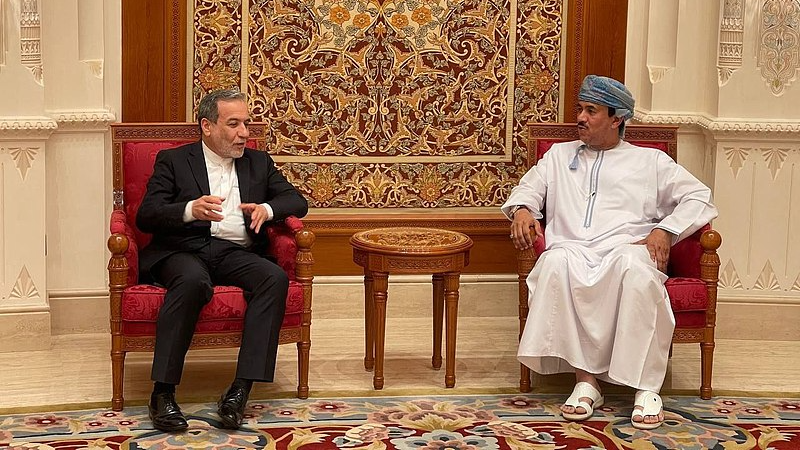In early April, Iran and the U.S. launched a series of indirect nuclear talks in Muscat, Oman, marking the first high-level engagement since the U.S. withdrawal from the 2015 deal in 2018. Both sides agree to continue negotiations next week as they work to resolve a decade-long standoff over Tehran’s nuclear program.
Iranian Foreign Minister Abbas Araqchi described the third round as “extremely serious and technical,” noting that negotiators exchanged written positions on key issues ranging from uranium enrichment caps to sanctions relief. Despite a constructive tone, he cautioned that optimism remains “extremely cautious” until major gaps are bridged.
A senior U.S. official said both sides made progress and agreed to reconvene in Europe “soon.” With expert-level teams laying the groundwork on technical details, delegates will return to capitals to refine strategies ahead of a fourth meeting provisionally scheduled for May 3.
Experts highlight that tensions have centered on verifying the peaceful nature of Iran’s nuclear program in exchange for lifting sanctions that have strained its economy. Reviving the Joint Comprehensive Plan of Action demands careful calibration: Iran must rein in enrichment activities, while Washington needs assurances that any deal is enforceable.
Oman’s discreet role as mediator underscores its growing reputation as a stabilizing force in regional diplomacy. By hosting negotiations away from diplomatic spotlights, Muscat offers a setting for cautious optimism among young global citizens keen for fresh momentum in foreign policy.
For business and tech enthusiasts, a revived nuclear deal could unlock opportunities in Iranian markets, particularly in energy and infrastructure. Travelers and digital nomads are watching closely, as eased sanctions might revive cultural exchanges and sustainable tourism.
Thought leaders and changemakers are weighing in on social channels, debating human rights, environmental safeguards, and science diplomacy’s role in building trust. Whether this cautious path leads to a breakthrough or further gridlock remains the key question for a generation that values transparency and cooperation.
Next week’s meeting will test the resolve of both sides. With technical details on the table and a shared interest in avoiding military escalation, all eyes are on Muscat’s next high-stakes round of negotiations.
Reference(s):
Iran 'extremely cautious' about success of nuclear talks with U.S.
cgtn.com



